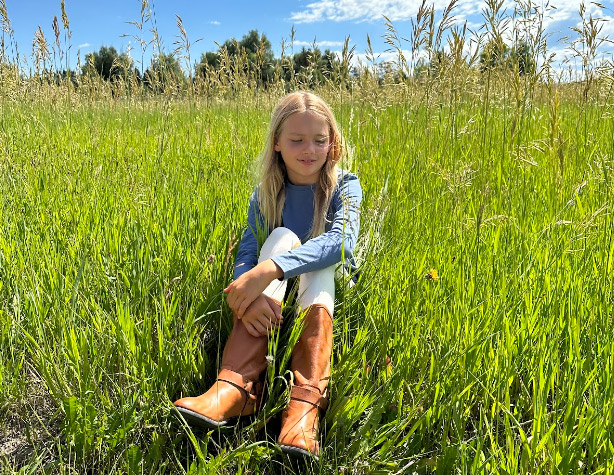In today’s world, children are spending more and more time indoors and less time outdoors interacting with their environment. This shift towards a more sedentary lifestyle is concerning because research shows that spending time in nature has numerous benefits for children’s physical, mental, and emotional health.
Outdoor play and interaction with the environment helps children develop their gross and fine motor skills. Running, jumping, climbing trees, and playing with sticks all help to develop a child’s balance, coordination, and spatial awareness. Outdoor play also promotes healthy physical development, including cardiovascular health and the development of strong bones and muscles.

Spending time in nature can have a positive impact on a child’s mental health. Research shows that spending time in green spaces can reduce symptoms of ADHD, anxiety, and depression in children. Nature also provides a calming effect on the mind, helping to reduce stress levels and improve overall well-being.
Outdoor play and interaction with nature helps children develop a sense of curiosity and wonder about the world around them. Children who spend time exploring nature are more likely to develop an appreciation for the environment and a desire to protect it. This sense of connection to nature can help children develop a sense of purpose and meaning in their lives.
It’s important for children to spend time outdoors and interact with their environment. Outdoor play and exploration can have a positive impact on a child’s physical, mental, and emotional health. As parents and caregivers, we should encourage children to spend time outside, whether it’s playing in the park, exploring a forest, or planting a garden. By doing so, we can help our children develop a love and appreciation for nature that will last a lifetime.


